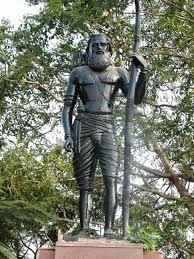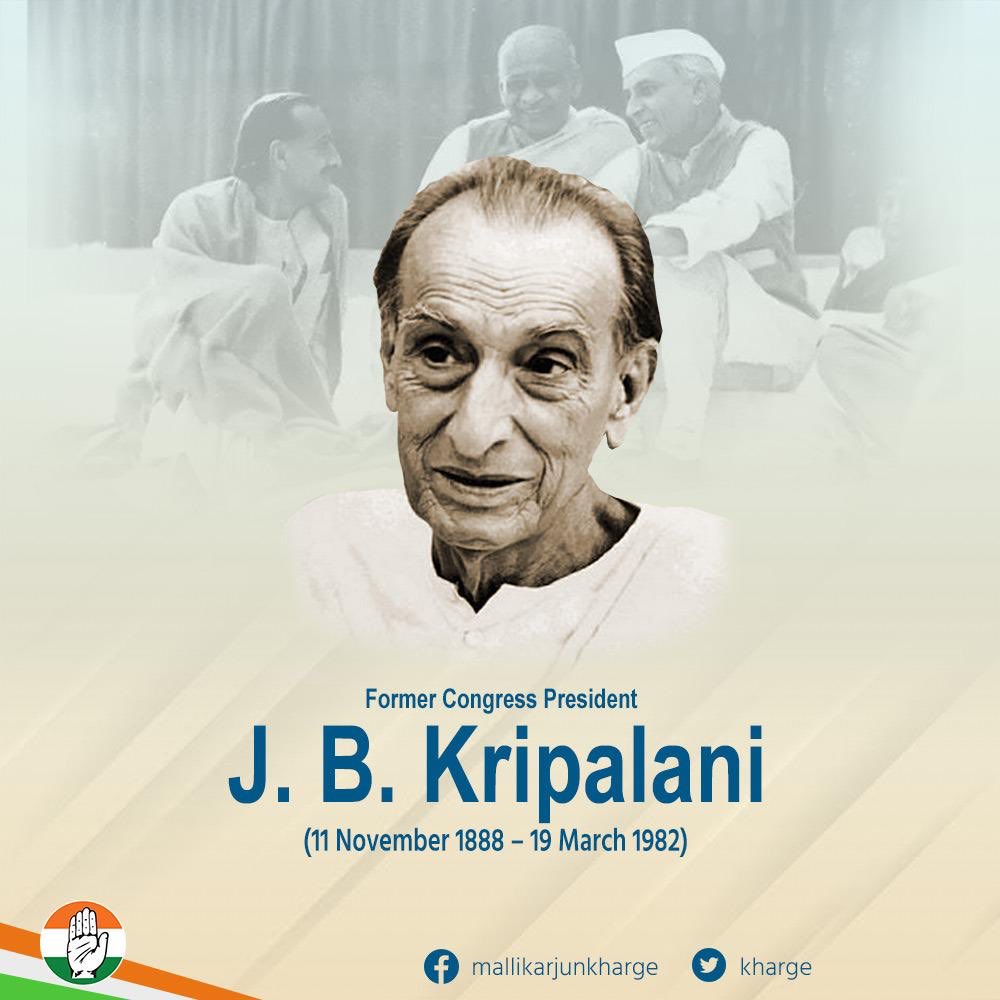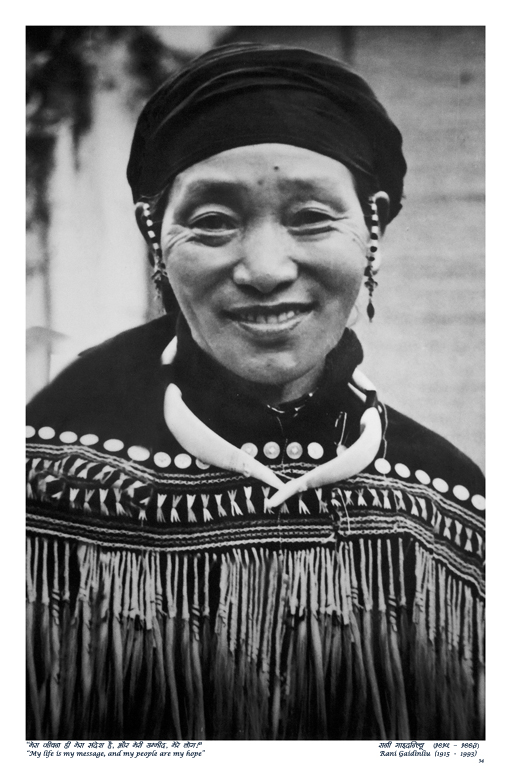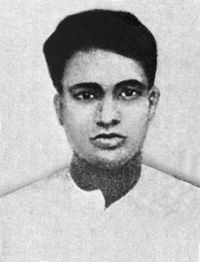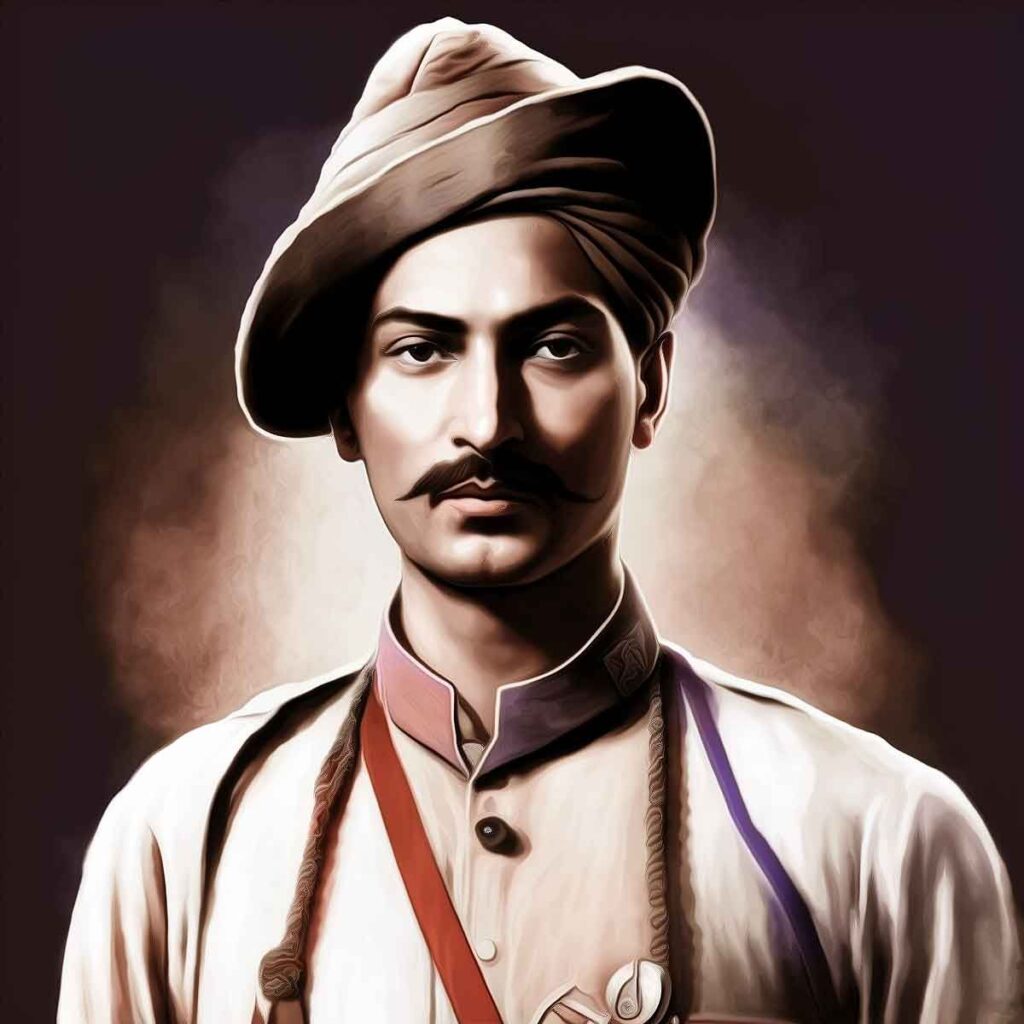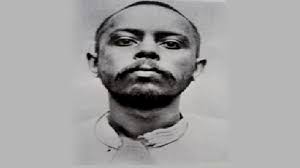Alluri Sitarama Raju, a legendary figure in the annals of India’s struggle for independence, stands as a symbol of resistance, courage, and unwavering commitment to the cause of freedom. Born on July 4, 1897, in the village of Pandrangi in present-day Andhra Pradesh, Alluri Sitarama Raju emerged as a charismatic leader who rallied his fellow tribesmen and inspired a widespread revolt against British colonial rule. His life and legacy continue to inspire generations, reminding us of the power of grassroots movements and the indomitable spirit of those who dare to challenge oppression.
Early Life and Tribal Roots
Alluri Sitarama Raju was born into a family of the Koya tribe, a marginalized community that had long suffered from exploitation and oppression under British rule. Growing up amidst poverty and social injustice, Raju developed a deep sense of empathy for his fellow tribesmen and a burning desire to fight against the injustices perpetrated by the colonial authorities.
From a young age, Raju exhibited leadership qualities and a rebellious spirit. He was deeply influenced by the tribal traditions and customs of his community, which instilled in him a strong sense of identity and a commitment to protect the rights and dignity of his people.
The Rampa Rebellion: A Bold Uprising
In the early 20th century, Alluri Sitarama Raju spearheaded the Rampa Rebellion, also known as the Rampa Revolt, a significant armed uprising against British colonial rule. Raju, along with his band of tribal warriors, launched a series of guerrilla attacks on British government installations, disrupting their operations and challenging their authority in the region.
Raju’s guerrilla warfare tactics and intimate knowledge of the terrain enabled him to evade capture for several years, striking fear into the hearts of the British authorities and inspiring hope among the local tribesmen. His daring exploits and acts of defiance galvanized support for the freedom movement and ignited a spirit of resistance that spread like wildfire across the region.
Legacy and Impact
Alluri Sitarama Raju’s contribution to India’s struggle for independence is immeasurable. His courageous resistance against British colonial rule served as a catalyst for broader movements of dissent and resistance across India. Raju’s commitment to the cause of freedom and his unwavering resolve to protect the rights and dignity of his fellow tribesmen continue to inspire generations of Indians.
Although Raju’s rebellion was eventually suppressed by the British authorities, his legacy lives on as a testament to the power of grassroots movements and the enduring spirit of resistance. His life story serves as a poignant reminder of the sacrifices made by countless individuals who laid down their lives in the pursuit of freedom and justice for their fellow countrymen.
Conclusion
Alluri Sitarama Raju’s life journey epitomizes the spirit of resilience, courage, and sacrifice that defines India’s struggle for independence. His unwavering commitment to the cause of freedom and justice continues to inspire and motivate generations of Indians who strive to uphold the principles of democracy, equality, and human rights.
As we reflect on the life and legacy of Alluri Sitarama Raju, we are reminded of the transformative power of individual action and collective solidarity in the face of tyranny and oppression. His life serves as a beacon of hope and inspiration for all those who believe in the inherent dignity and worth of every human being and the eternal quest for freedom and justice.
In honoring Alluri Sitarama Raju, we pay tribute to a revolutionary hero whose indomitable spirit and unwavering resolve have left an indelible mark on the history of India’s struggle for independence. His legacy serves as a timeless reminder of the enduring power of courage, sacrifice, and the relentless pursuit of a brighter, more just future for all.

